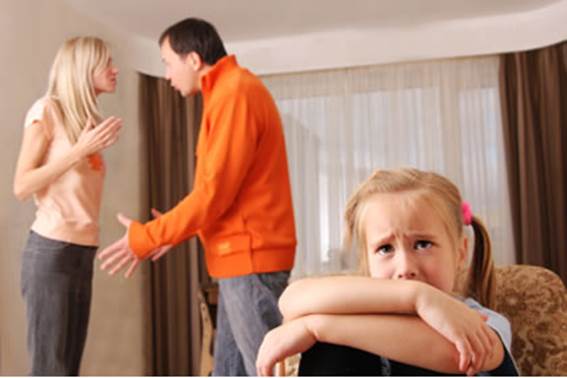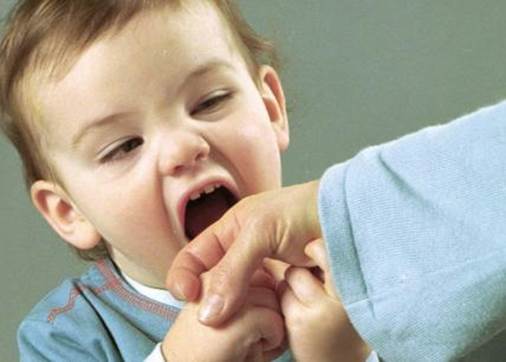Violence in children is a serious problem that brings
headaches to many parents as well as baby sitters. As each child is different,
the problem around the violent behavior of the child can also be different. However,
understanding what makes a child behave violently to his friends is just a
small part of how to stop violent behavior in children. By officially
approaching some issues, there’re lots of methods that can be used to help
solving the violence before it becomes a problem.
Instructions
·
Reduce the possibility that your child may see violence in the
family. Some researches show that witnessing violent situations can encourage
the child to act in the same way. Reducing the possibility that the child exposes
to programs, games and music that are not suitable for their age can help with
reducing the risk of behaving violently.

Reduce the
possibility that your child may see violence in the family.
·
Teach your child acceptable methods to take the spite out.
Sometimes people encounter things that may cause them to quarrel to each other,
and that’s not an exception for the child. Teach your child how to deal with
quarrel so anger and frustration don’t stand a chance to accumulate and cause
violent behavior. Breathing lessons or exercises in general can help to ease
the feel of anger.
·
Teach your child how to speak out his frustration. Some children
behave violently as they can’t express by words what is annoying them. Teach
your child how to let out his anger in words constructively, don’t let the rage
control you and be violent to your child.

Some children
behave violently as they can’t express by words what is annoying them.
·
Be willing to listen to your baby. Sometimes, everything you need
to dispel a potentially violent solution is being ready to listen to what makes
your child angry. Spend a while to understand his feelings. Do so to let your
child know that you understand that he’s angry, and ask him to talk about the
reason why he gets mad and what can be done to solve that. By doing so, you can
calm his mind down and realize that violence can’t solve anything.
·
Look for professional assistance. If you worry about the behavior
of your child and feel that you can’t stop the violence, talk to a professional
counselor or other behavior experts. These people can help you plan on what you
should do to deal with the individual needs of your child when taking violence
prevention into account.
Advice and warning
·
Children who’ve just known how to walk and younger children may
need more helps to express their feelings. Be slowly and gradually when making
them calm their mind. Rating on games and movies are useful guideline, but you
must use your best judgment when talking about the kind of movie that you let
your children watch.

Children who’ve
just known how to walk and younger children may need more helps to express
their feelings.